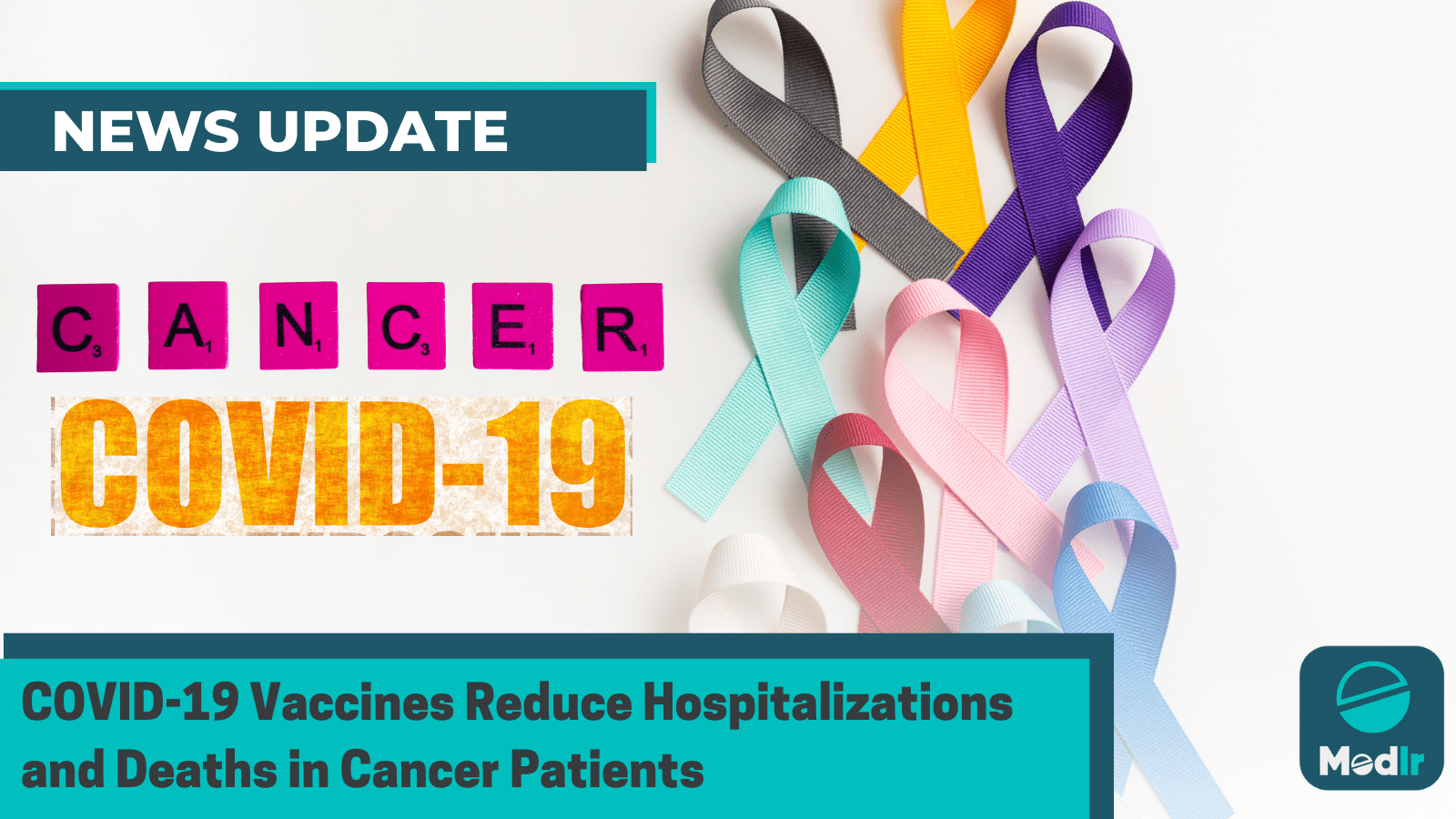COVID-19 Vaccines Reduce Hospitalizations and Deaths in Cancer Patients
Written by Shaveta Arora
Cancer patients saw significant reductions in COVID-19 hospitalizations and deaths due to vaccines, according to a panoramic study. Age played a major role in predicting death rates.

Researchers from the University of Birmingham conducted the first panoramic study analyzing the COVID-19 pandemic's impact on cancer patients, finding that coronavirus vaccines significantly reduced hospitalizations and deaths in cancer patients from November 2020 to August 2022.
The team experienced a significant decrease in hospitalizations and COVID-related deaths, from 30.58% to 7.45%, and a drop in death rates from 20.53% to 3.25%.
The study revealed that age played a more significant role in predicting death rates than the type of cancer a patient had. In 2022, cancer patients over the age of 80 had a mortality rate of more than one in ten (10.32 percent), while those under 80 had a lower rate of less than one in 35 (2.83 percent).
Moreover, COVID-19 infections increased the likelihood of hospitalization for cancer patients to more than twice that of the general population, and their risk of death was 2.54 times higher.
COVID-19 infection complications increase cancer patients' risk due to weakening immune systems and treatment, potentially making them less capable of fighting infections.
Dr. Lennard Lee from the Institute of Cancer and Genomic Sciences at the University of Birmingham and lead author of the study said -
"People living with cancer are worried that they have been forgotten. Our work shows that the UK is emerging out of the tunnel of the global pandemic, and we know who is still at the greatest risk of the consequences of COVID-19 infection so that they're not left behind.”
Dr. Lee added -
“This data is undoubtedly good news for cancer patients, but despite significant falls in hospitalizations and mortality over the years we studied, we can still see the additional risk.”
In May, 2023, the WHO declared COVID-19 no longer a global health emergency, marking the end of the devastating pandemic that caused lockdowns and increased restrictions worldwide.
The worldwide death toll from COVID-19 has reached at least 7 million people.
Thomas Starkey, PhD researcher from the University of Birmingham and first author of the study, said -
"By collating and analysing electronic healthcare data for evaluating the real-world impact of the global pandemic in the UK, we can now use population-scale data to protect people living with cancer from infectious diseases such as COVID-19."